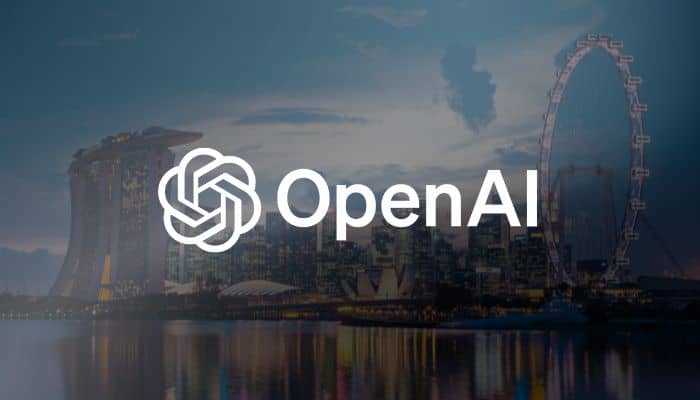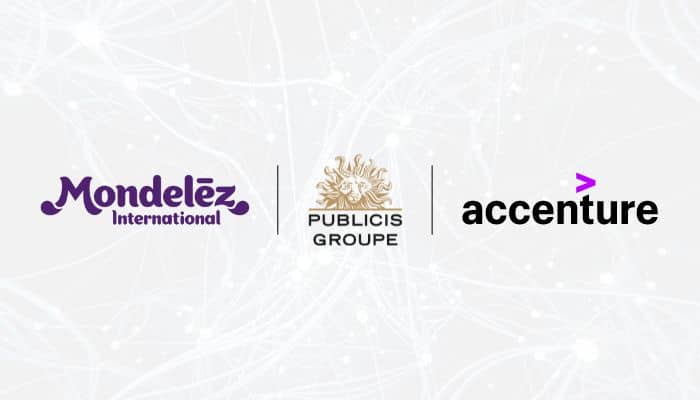Singapore—The latest ‘e-Conomy SEA report’ from Google, Temasek, and Bain & Company has been recently released and highlights that in 2024, the digital economy will reach $263b in Gross Merchandise Value (GMV), a 15% increase over last year. Revenues have also grown 14% and are projected to reach $89b in 2024. The report suggests that the digital economy can achieve both profitability and growth in tandem, marking a significant step towards achieving sustainable economic value.
Why SEA is primed for AI-powered acceleration
Southeast Asia is quickly becoming a global center for AI innovation and adoption. With substantial investments in AI infrastructure and a dynamic ecosystem of startups and developers, the region is on track to harness AI’s transformative potential across a wide range of industries.
In the first half of 2024 alone, SEA attracted over $30b in AI infrastructure investments. Additionally, consumer interest in AI solutions is surging, with AI-related searches increasing 11-fold in the past four years. The region’s young, growing population, high levels of digital literacy, and widespread smartphone usage make it an ideal market for AI-powered products and services.
From AI-driven travel planners to generative AI-based fraud detection, AI is delivering value across SEA’s digital economy, with applications spanning various industries. Pro-innovation policies that encourage AI growth and responsible governance will further expand opportunities within the region’s digital economy.
From transport, e-commerce, and online travel–these are the sector redefining SEA’s digital economy
After years of investment and development, leading players in the region’s digital economy are now progressing toward profitability while maintaining strong double-digit growth in both gross merchandise value (GMV) and revenue. Continued growth is expected to be driven by deeper digital engagement among users, effective monetisation strategies, and the recovery of sectors affected by the pandemic. E-commerce has also regained momentum, fueled by the rise of video commerce.
E-commerce, projected to reach $159b in GMV by 2024, is now primarily driven by existing customers, who contribute up to 70% of its growth. This marks a shift from previous years when first-time shoppers were the main drivers. Established players are reinvesting to boost GMV and defend their market share, as international competitors disrupt the market. Revenue is expected to increase 13% year-on-year (YoY) to $35b in 2024.
Meanwhile, video commerce has rapidly grown to account for 20% of e-commerce GMV, a significant jump from less than 5% in 2022. This trend is reshaping the e-commerce landscape in Southeast Asia, transforming the consumer shopping experience. From live shopping events to content created by influencers, video has become an essential component of online shopping.
Food delivery is also gaining traction as dining-out habits stabilize and new monetization avenues, such as in-app advertisements and subscriptions, emerge. Revenue in this sector is forecasted to rise by 54% YoY to $1.7b in 2024, while GMV is set to grow by 7% to $19b. Platforms are experimenting with strategies for future profitability, such as improving restaurant visibility and using AI to optimize operations.
In another industry seeing growth, the transport sector has surpassed pre-COVID levels, with revenue expected to grow by 36% YoY to $1.5b, driven by increased demand and strategic pricing. GMV is projected to rise by 18% to $9b. Despite inflationary pressures, consumer demand remains strong due to the expansion of established players into second-tier cities and rural areas, along with aggressive promotions by new entrants seeking user growth.
Online travel is outpacing the broader digital economy in terms of Gross Travel Bookings (GTB) growth, fueled by intra-regional travel within Asia-Pacific. Higher airfares and a growing preference for luxury travel options are expected to push GTB to $46b in 2024, a 21% YoY increase, while revenue is set to grow 18% to $20b. While direct booking channels remain dominant, online travel agencies continue to successfully monetise their core services as well as adjacent offerings, such as financing and insurance.
Meanwhile, online media is on track for significant growth, with GMV projected to rise to $30b, an 11% YoY increase. Video-on-demand and gaming are key drivers, with SEA developers gaining recognition in casual gaming and hyperlocal content. Advertising remains a reliable revenue stream, while hybrid models incorporating in-app purchases, subscriptions, and ads are becoming increasingly popular to cater to diverse player segments. The rise of gaming influencers has fueled a thriving creator ecosystem, with livestreaming becoming a key tool for facilitating real-time interaction between sellers and consumers.
Lastly, Digital Financial Services (DFS) are expanding rapidly, with revenue expected to grow by 22%, from $22b in 2022 to $33b in 2024. Digital payments and lending, which make up more than 90% of DFS revenue, are the primary growth drivers. E-wallets have become widespread, partnering with major payment card networks, while QR code usage continues to rise.
It’s worth noting that a generational shift in investor behaviour is reshaping the wealth management landscape, a trend that is likely to persist as more merchants accept digital payments, risk assessment improves, and consumers increasingly seek online solutions for insurance and wealth management.
Increase in investor confidence in SEA’s long-term potential
Despite the ongoing challenges in the funding landscape, investors have demonstrated cautious optimism, channelling nearly 50% of their investments into emerging sectors. Although the exit environment remains difficult, early-stage companies in Southeast Asia have made substantial strides toward profitability. There is also a growing emphasis on fostering cross-border collaborations and improving IPO regulations to enhance capital market conditions.
Last year, the report highlighted four key factors to revitalise the funding landscape: realistic entry valuations, proven monetisation models, a clear path to profitability, and reliable exit strategies. While the first three have been successfully achieved, creating dependable exit pathways is still a work in progress due to the continued challenges in capital markets.
Singapore continues leading SEA’s increased appetite in AI products, services
Singapore’s digital economy has shown impressive resilience and is expected to reach $29b in GMV by 2024, marking a 13% increase from 2023. E-commerce has bounced back, growing from $8b in GMV in 2023 to $9b in 2024, while sectors like online media and travel have experienced double-digit growth, driven by strong infrastructure and pro-business policies.
Singapore ranks among the top 10 countries globally in terms of interest in AI-related topics, with sectors such as education, marketing, and travel leading AI search trends. There is a high demand for mobile apps featuring AI capabilities, including content creation tools, photo editing apps, and AI-powered virtual assistants.
AI has also played a pivotal role in boosting Singapore’s tourism industry, enabling chatbots to provide personalised recommendations, analyse visitor data to optimise marketing strategies, and enhance visitor experiences through interactive exhibits and customised guides.
To meet the growing demand for AI infrastructure, investments in AI-ready data centers reached $9b in Singapore during the first half of 2024, second only to Malaysia, which attracted $15b in similar investments.
Digital Financial Services (DFS) have also become a key driver of growth, with digital payments and wealth management leading the way. Singapore’s status as a regional financial hub has drawn substantial venture capital and private equity investment. To stay competitive, the Singapore Exchange (SGX) has introduced initiatives to improve exit options and attract investor capital and IPOs. Singapore’s favourable business environment, political stability, and tax incentives have further strengthened its position as a leading economic hub.
***
For Sapna Chadha, vice president for Southeast Asia and South Asia Frontier at Google, Southeast Asia’s digital economy is rapidly evolving as businesses adopt innovative strategies to achieve profitability, fostering a more sustainable and resilient ecosystem.
“The rise of video commerce is supercharging e-commerce growth, with live shopping and creator-led content reshaping how people discover and buy products. Southeast Asia is emerging as a global hub for AI innovation and adoption. With significant investments in AI infrastructure and a thriving ecosystem of startups and developers, the region is poised to unlock the transformative power of AI across various sectors,” she said.
Meanwhile, Fock Wai Hoong, head of Southeast Asia at Temasek remarked how it is encouraging that SEA’s digital businesses are now focusing on achieving the appropriate balance between growth and profitability.
“Investors have also started looking for the next wave of growth by investing in nascent sectors such as software and services as well as AI, demonstrating confidence in the long-term potential of SEA’s digital economy. Temasek remains committed to deploying catalytic capital to the region’s digital economy to achieve sustainable and inclusive growth so that every generation prospers,” he said.
Lastly, Florian Hoppe, partner at Bain & Company stated that Southeast Asia’s digital economy continues to do well, with continued double-digit GMV and revenue growth and a surge in profitability across sectors led by key players. He also remarked how the region is also attracting significant AI investment, with over $30b committed to AI infrastructure in the first half of 2024.
“To fully harness the transformative potential of Generative AI, businesses must advance beyond experimentation and invest in foundational elements—aligning AI initiatives with core business objectives to address real-world problems and create tangible value, strengthen AI talent, and building scalable, adaptable infrastructure for sustained growth,” he said.










